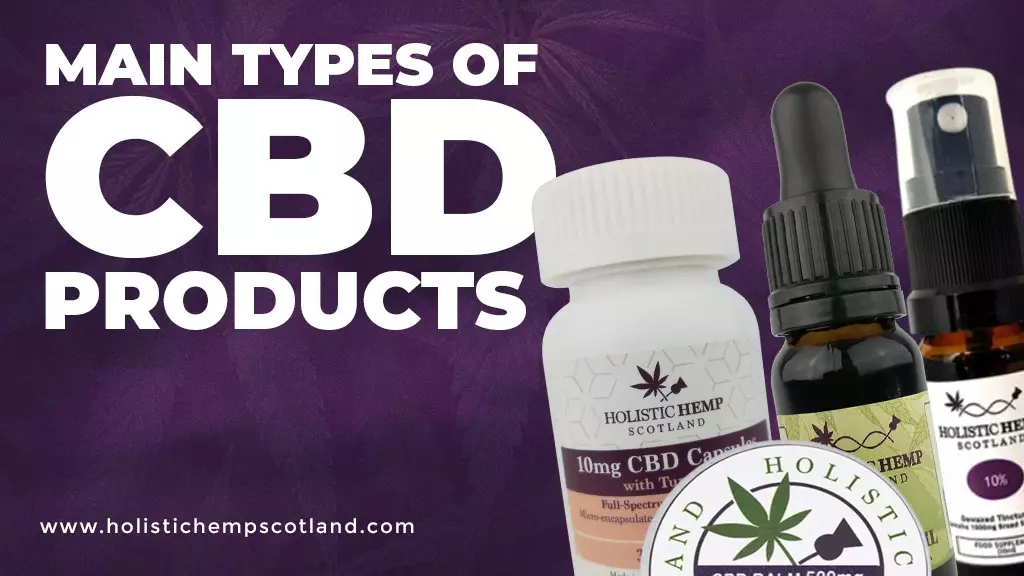Recent Posts
Post Catagories

If you hear some terms like broad spectrum of full spectrum CBD oil and you are getting confused as to what it means and whether it is for you or not, read on, this article is to help you understand and make the right choice. We also outlined positive and negative points about each type of CBD product.
There are primarily four types of CBD products based on cannabinoid spectrum:
Isolate
CBD is extracted out of hemp and isolated from all other terpenes and cannabinoids
In EU food products with isolate can be classified as ‘novel food’ and require licensing.
Positives:
Low cost
Widely available
Good for people who have allergies and struggle with other cannabinoids and terpenes
Negatives:
Strong risk FDA in the US and FSA in the UK will limit usage for pharma and topical
Less Entourage Effect
2. Distillate
Received by using heat and chemicals to remove THC, often presented as a Broad Spectrum CBD Oil
BUT it is not known if the use of heat and chemicals also generates Schedule I drugs and other unknown compounds
Positives:
More chances of having Entourage Effect
Cheaper
Negatives:
Requires thorough analysis to avoid risk that product contains Schedule I narcotic or other unknown compounds
3. Broad Spectrum
Contains all original cannabinoids of cannabis plant except THC
Chromatography is used to remove THC
Positives:
“Entourage Effect” mostly retained”
Presence of THC is close to 0.00%
Integrity of botanical oil is maintained
Negatives:
More difficult to extract and therefore has higher costs
4. Full Spectrum
The original essential oils extracted straight from the hemp plant
Contains all cannabinoids present in original cannabis plant including up THC (up to 0.2%)
Positives:
Delivers Entourage Effect
Usually most natural and closest to original chemical profile of Cannabis
Sative L plant
Negatives:
Contains some THC

